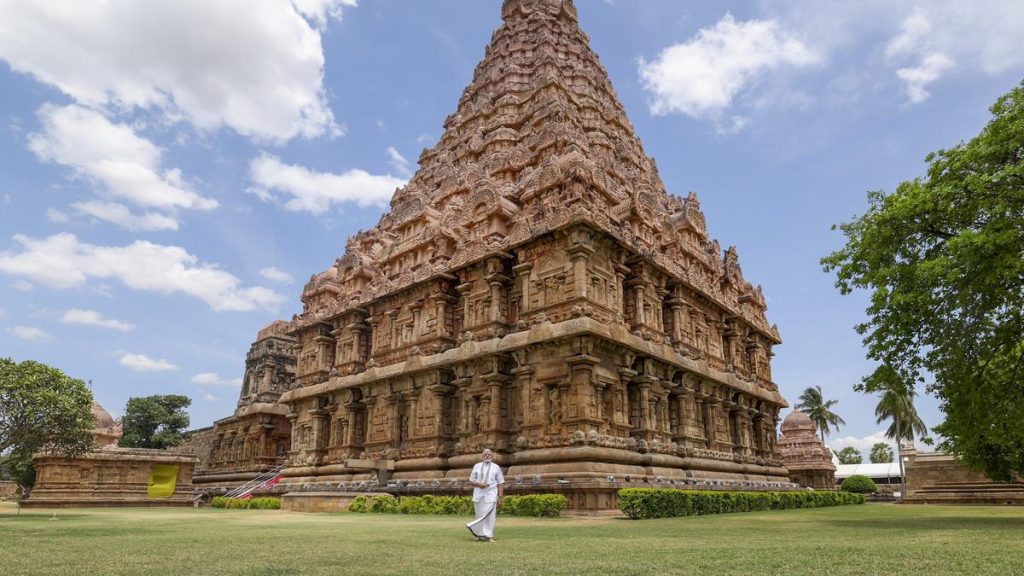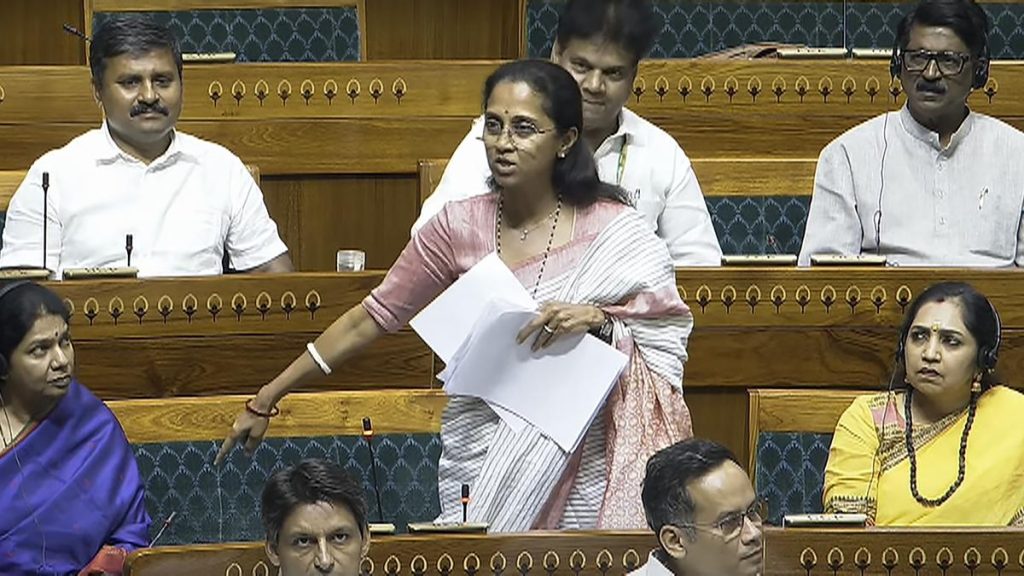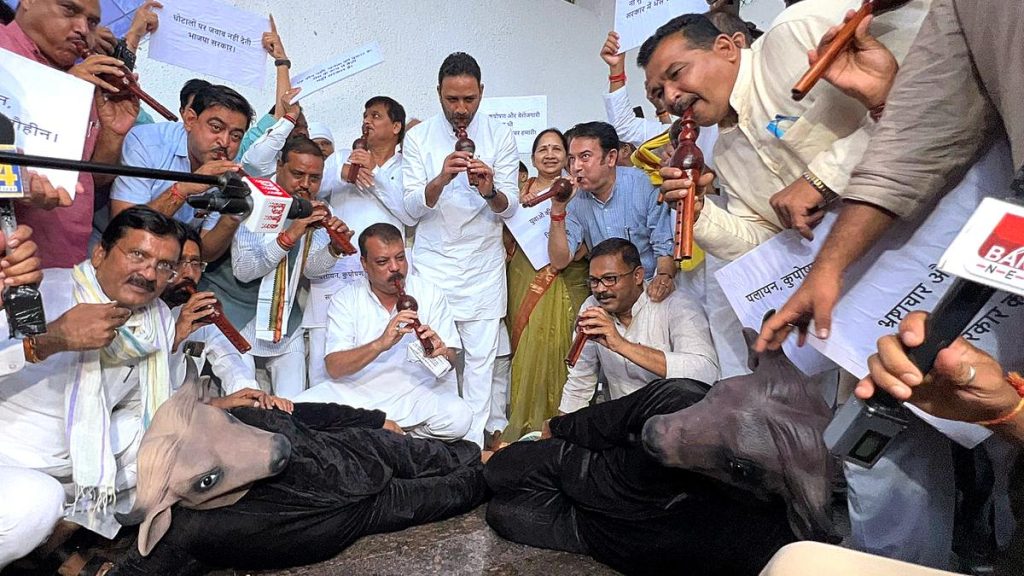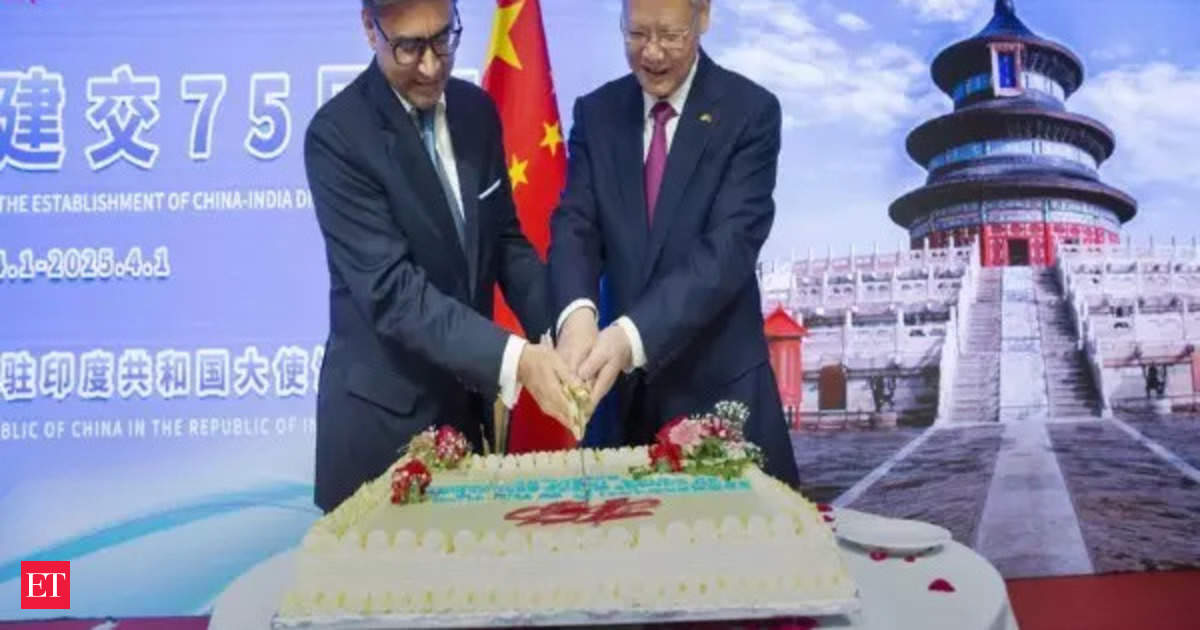Now Reading: Uttarakhand Waqf Board Chief Criticizes Waqf Bill Opponents: ’70 Years vs Modi Era
-
01
Uttarakhand Waqf Board Chief Criticizes Waqf Bill Opponents: ’70 Years vs Modi Era
Uttarakhand Waqf Board Chief Criticizes Waqf Bill Opponents: ’70 Years vs Modi Era
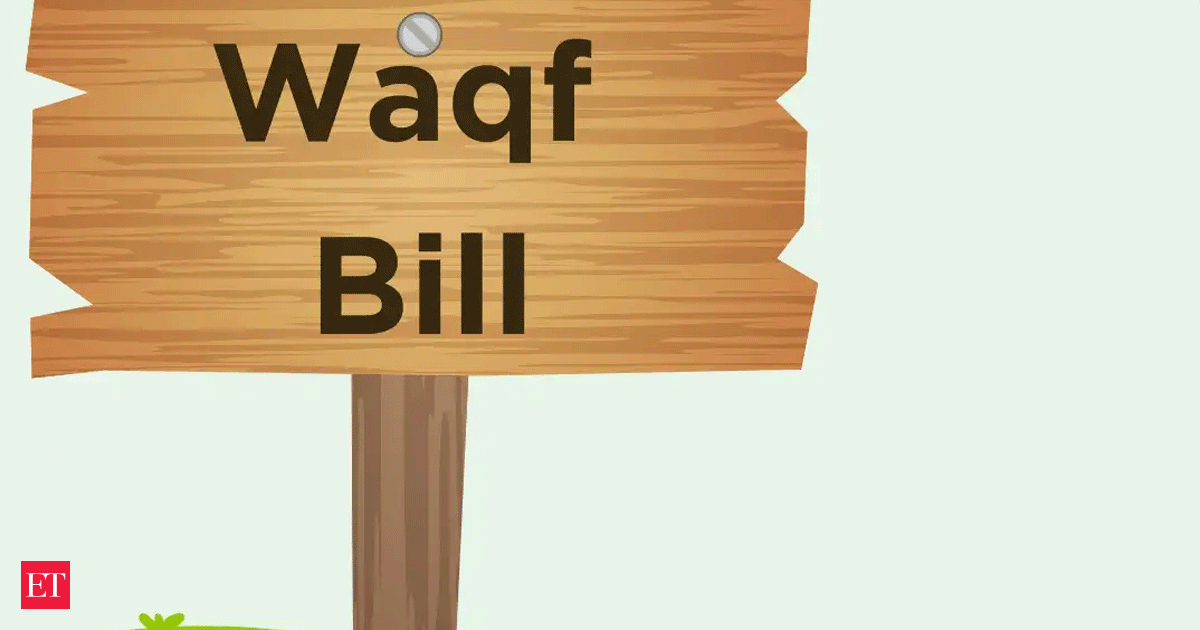
Quick Summary
- Introduction of Bill: The Waqf (Amendment) Bill, 2024, has sparked notable political debate in India regarding amendments to the Waqf Act of 1995.
- Changes Proposed:
– Restructuring Waqf Boards to include non-Muslim members.
– Shift in authority for determining ownership of Waqf properties from Waqf Tribunals to district Collectors.
– Mandate formal legal deeds (‘Waqfnama’) for establishing Waqf properties over oral declarations.
- Support: Uttarakhand Waqf Board Chairman Shadab Shams endorsed the bill as empowering poor Muslims and bringing openness. he criticized opposition leaders and alleged that certain groups exploited existing systems for personal gain.
- Opposition: All India Muslim Personal Law Board (AIMPLB) opposed the bill, claiming it seeks to manipulate or seize control of Waqf properties. Other political parties like Samajwadi Party voiced concerns about undermining the autonomy of institutions.
- Parliamentary Implications: Both BJP-led NDA and opposition INDIA bloc have issued whips, anticipating an extended debate.
Indian Opinion Analysis
The introduction of the Waqf (Amendment) Bill represents an attempt to address complex governance issues surrounding past mismanagement and misuse of religious trust properties in India. Proponents argue that restructuring boards and formalizing property declarations could introduce accountability and mainstream disadvantaged communities into economic empowerment initiatives.
Though,critics highlight potential risks regarding dilution of community-specific representation on governing bodies and loss of customary autonomy tied to religious trusts. Transferred authority from tribunals to District Collectors could intensify disputes over ownership if not carefully regulated.This debate bridges policymaking with sensitive questions surrounding secular governance balancing fairness across distinct community interests-underscoring how proposed reforms may reshape institutional trust dynamics while igniting broader ideological contestations regarding religion-state intersections.


